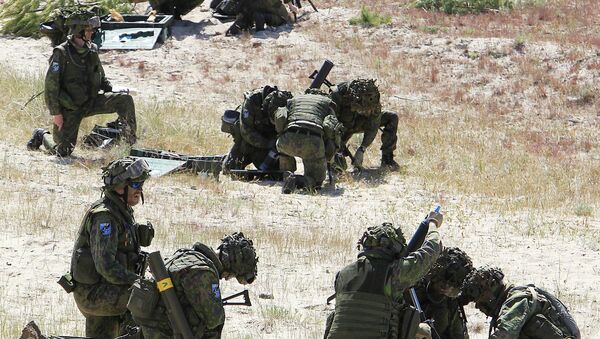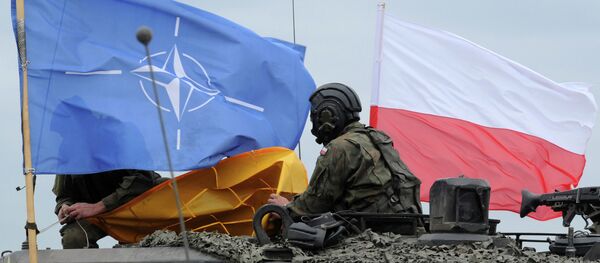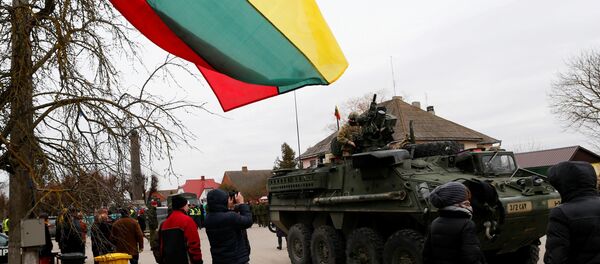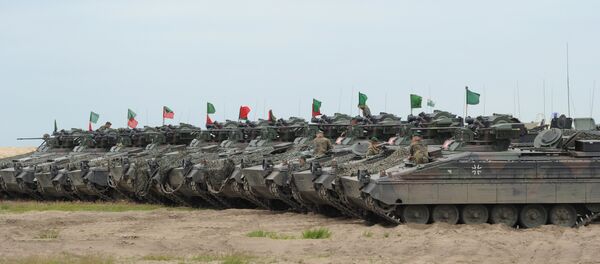Tensions between Moscow and Washington have been at an all-time post-Cold War high. The US is currently engaged in joint military drills with Georgia, mere miles from Russia’s border, while the US Navy has sailed aggressively close to Russian waters in the Baltic Sea.
To avoid future conflict, former secretary of defense Hagel stated that the next US President must swallow their pride and meet with Russian President Vladimir Putin to discuss de-escalation.
"Now that might be distasteful, but we know enough about President Putin to know he deals leader to leader," Hagel said at the Atlantic Council.
"…There is a lot of damage that can be done [around the world], and until that leader-to-leader dialogue begins, ‘what you need, what we need, and let’s start sorting this out,’ then you will consider a proxy war."
On NATO’s plans to boost its presence in the Baltic, Hagel warned that this could lead to unintended consequences.
"I’d be very careful with this. Because the centrifugal force of this is so subtle it takes you right down into the middle of a situation that you didn’t want to be in," he said.
With NATO deploying additional troops to Baltic states, Russia will respond in kind, Hagel opined, and both sides could then find themselves "very quickly in another Cold War buildup here that makes sense for neither side."
The former secretary suggested that officials in Washington are failing to consider the long-term implications of its unnecessarily aggressive policies.
"We continue to build up the eastern flank of NATO with more battalions, more exercises, and more ships and more platforms, and the Russians will respond," Hagel said. "Not sure where that takes you, either. I’m not sure there’s some real strategic thinking here. It’s a reaction. It’s a tactical kind of ricocheting from crisis to crisis."
While opposed to a permanent stationing of NATO forces in the Baltic, Hagel does, however, support the use of rotational armored brigade teams.
"Those forces are far more agile and ready. When you have stationary troops you have overhead, you have a lot of different dynamics. I just think it’s smarter today, for the kind of world we live in."
But even rotational deployments could lead to unintended hostilities. Last month, Russia’s Permanent Envoy to NATO Alexander Grushko stressed the need for the alliance to stop its buildup near Russia’s borders.
"If NATO really wants to resume the dialogue on arms control, on strengthening Europe’s stability and security on the basis of those developments, which for a long enough period served as the basis for maintaining stability in Europe, they should stop the process of strengthening its military presence along our borders," he told the Rossiya-24 television channel.
"All [forces] that were sent to and have been rotating along our borders must be returned to the place of permanent deployment."





